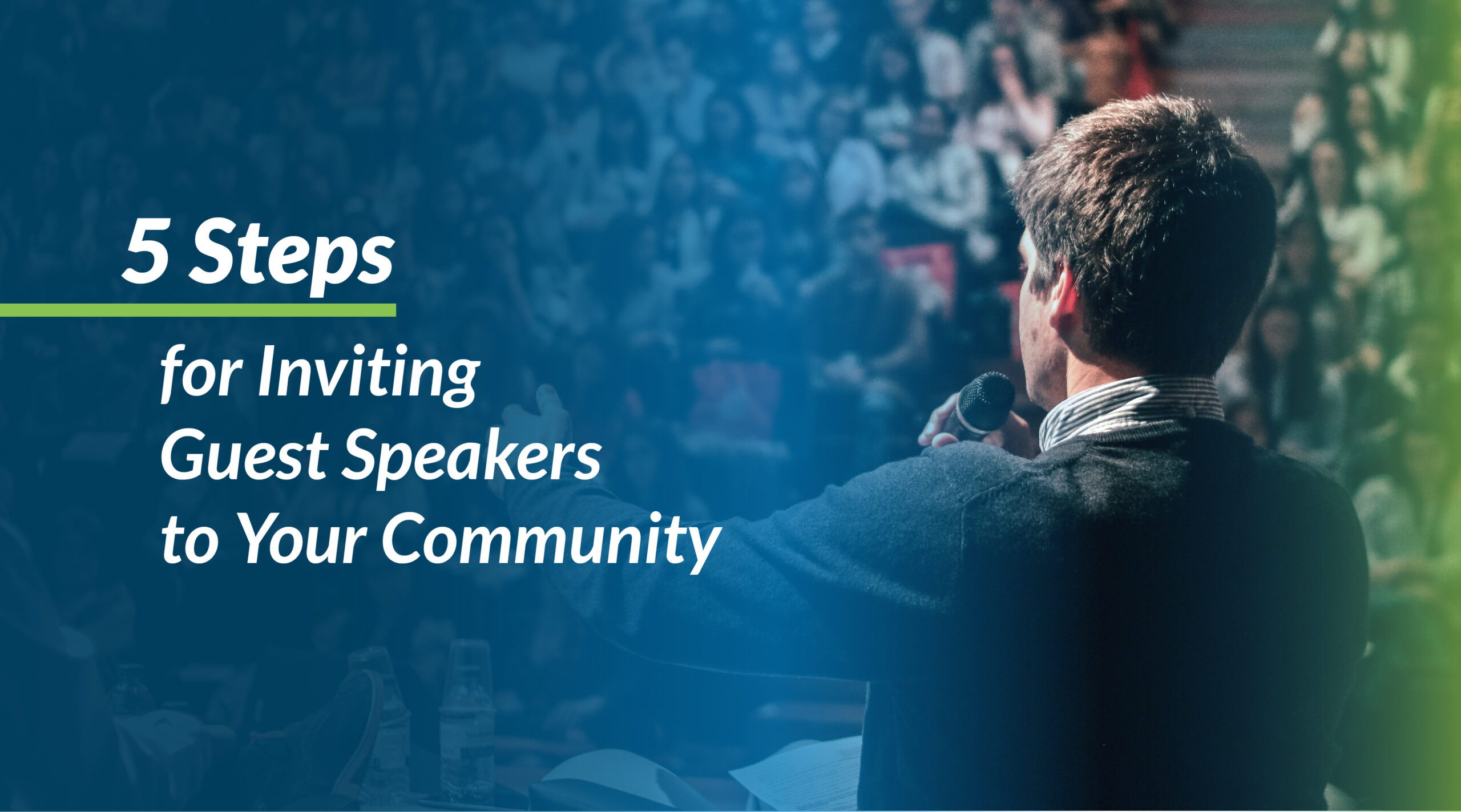Guest speakers can help in the community prosperity building process in several ways, including:
- Increasing motivation for undertaking the community and economic development process by reassuring residents that they can be successful like other communities;
- Providing examples of how other communities were successful;
- Educating residents further in the community and economic development process.
People from outside a community are often the best speaker choices because, frankly, “briefcase toting experts from out of town” can carry more credibility than a local person who may be considered more of a friend or colleague. Also, a local person might be perceived as biased in some way or aligned with particular factions on certain issues. An outside expert is usually perceived as more neutral.
Of course, this does not mean that local subject experts and professionals cannot speak to and provide leadership and guidance in the community building process. Quite the contrary, they should be encouraged to participate fully. But for keynote speakers at places like annual chamber banquets or kickoff events for undertaking the community and economic development process, or even educational and working sessions, a guest expert from out of town is often best.
Below is a five-step process and spreadsheet for selecting guest speakers for maximum impact:
1. Identify potential guest speakers. In the early phases of a community prosperity project, it is often best to identify experts who can speak to the whole process of community and economic development, not someone who is just an expert in a particular relevant subject such as housing, workforce development, or the like. Later in the process when specific issues have been identified is the time to bring in experts in particular subjects. Here are some steps to identify and procure speakers:
-
- Sources for speakers include community and economic development professionals from state departments of economic development and utilities; universities; consultants; and authors. In this age of instant information from internet searches, it is easy to identify experts in most any field.
- Screen your preliminary list of potential guest speakers, noting their specific fields of expertise and experience. Consider how well the speakers match your community’s needs and culture.
- What is the likely cost of the potential speakers including fees and travel? Without having to do a lot of research here, you could just create a ranking system of cost by assigning a speaker from a nearby state university or state department of economic development with a lower cost ranking of (1) up to a nationally recognized author or consultant in another state (3).
2. Rank or prioritize the speakers based on their interest or expertise, characteristics of the speaker or organization (proximity, familiarity, etc.).
3. Make a list of local organizations that might host the speaker or underwrite the cost.
4. Identify potential venues and events for the high-priority guest speakers (chamber banquet, civic club meeting, or specially-scheduled event). This is related to Step 3 since a funding organization might also be the venue.
5. Select the top speakers by matching priorities in Step 2 with the preferred hosting or funding organizations.
Depending on the situation, it can be a good idea to invite a speaker to stay for a day or two as a special guest to tour and learn about the community, and provide thoughts and feedback. There would usually be additional fees associated with this, but it can be a very cost-effective way to gain benefits from the speaker’s knowledge and experience.
![2021 Prosperous Places Logo [TM]](https://www.prosperousplaces.org/wp-content/uploads/2021/02/20210205_JI_PPTM-Logo.png)



